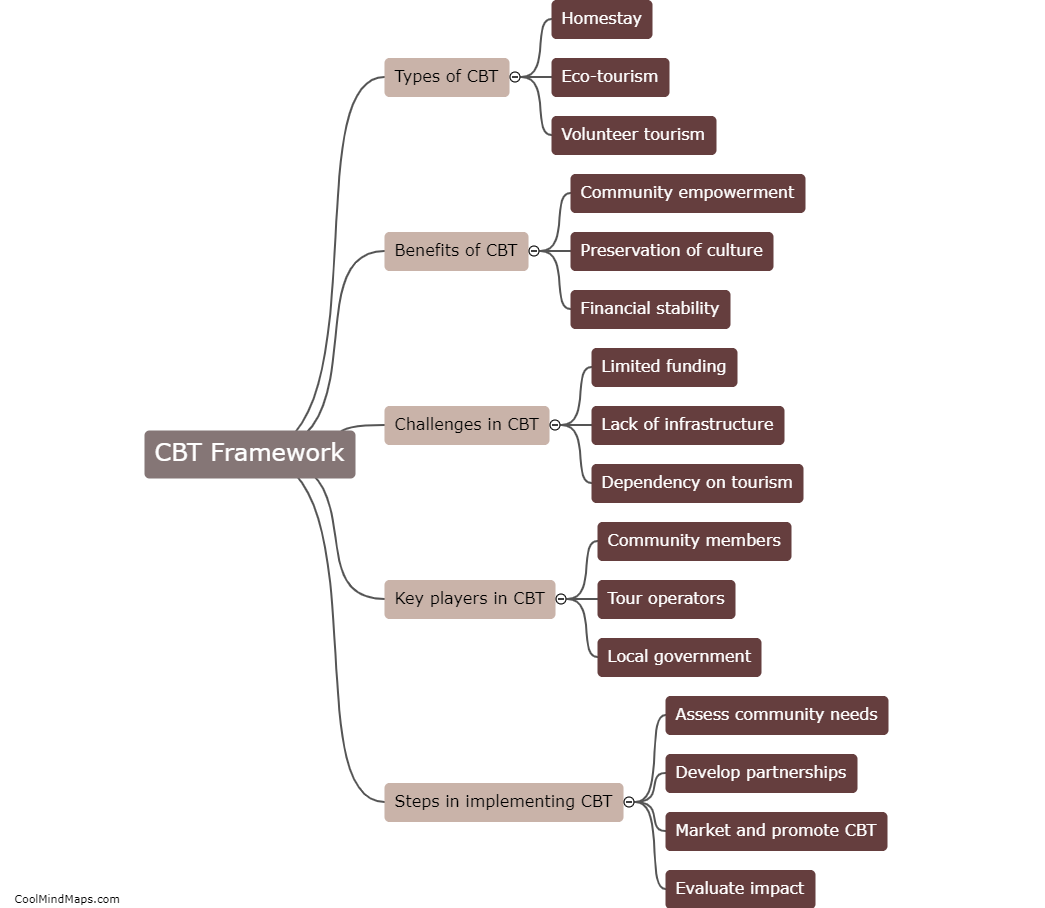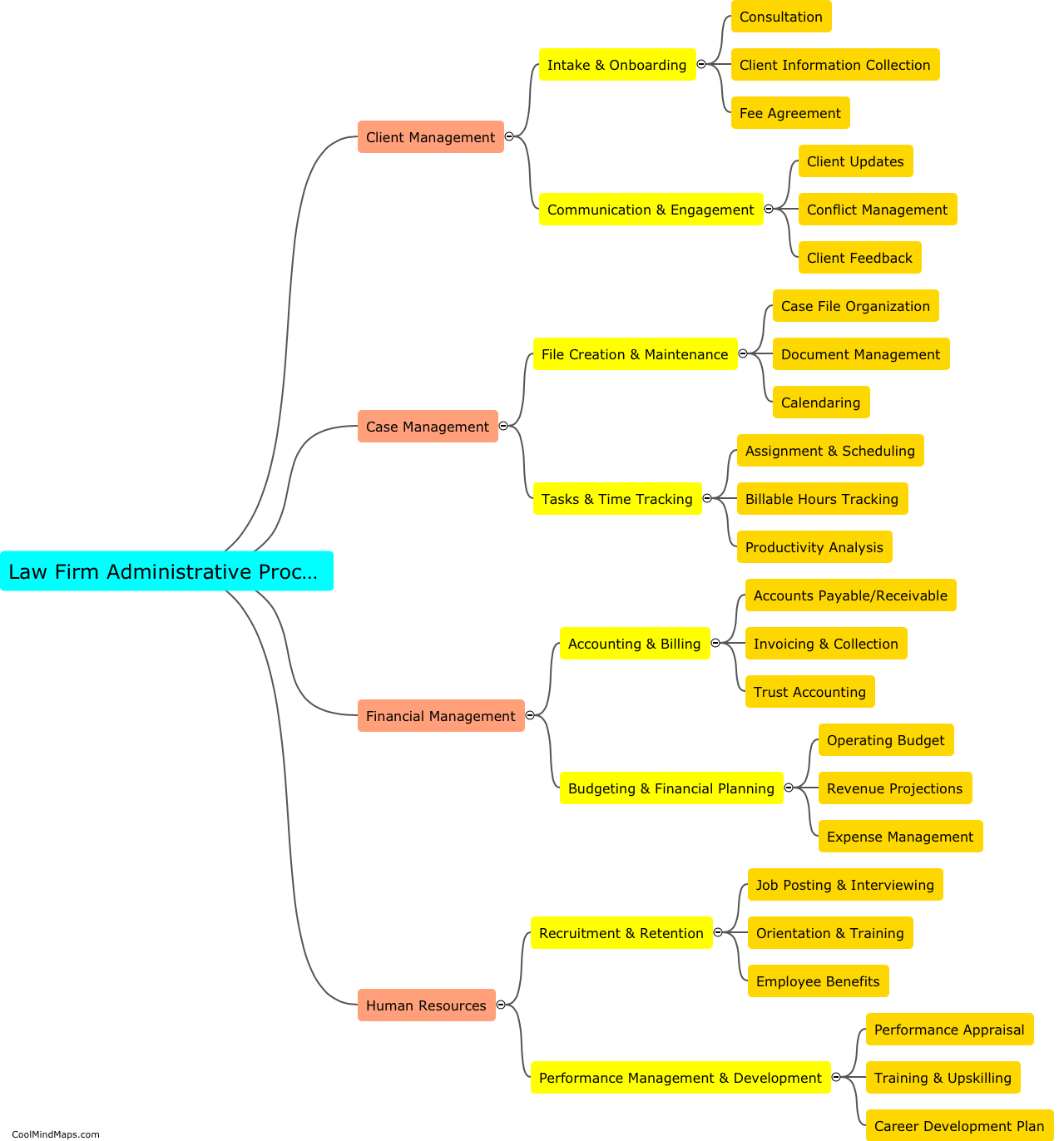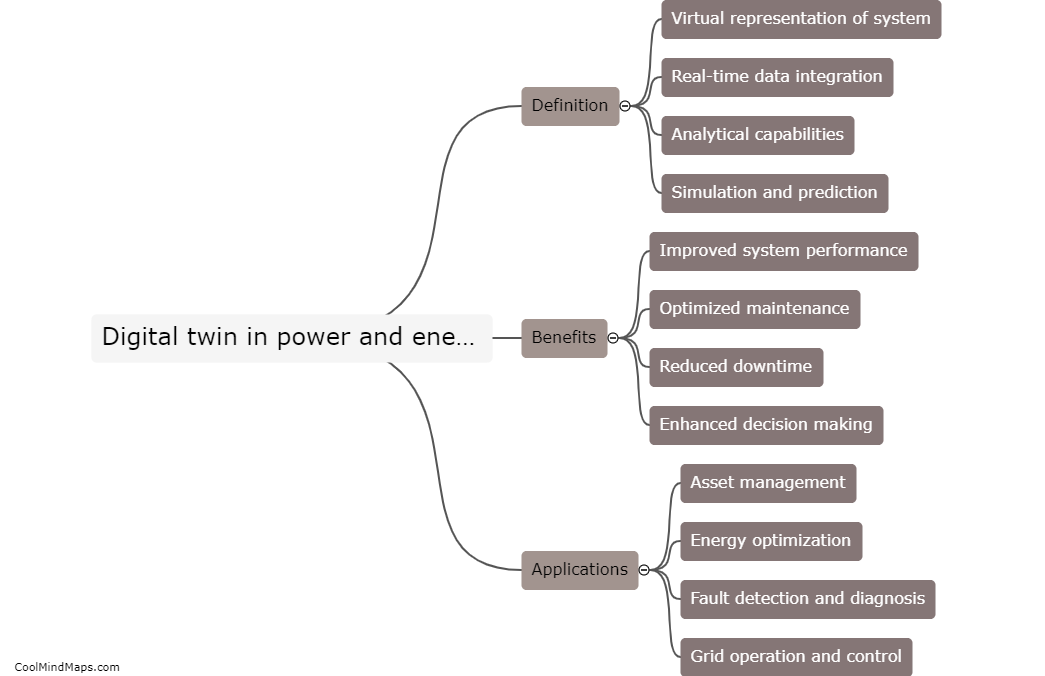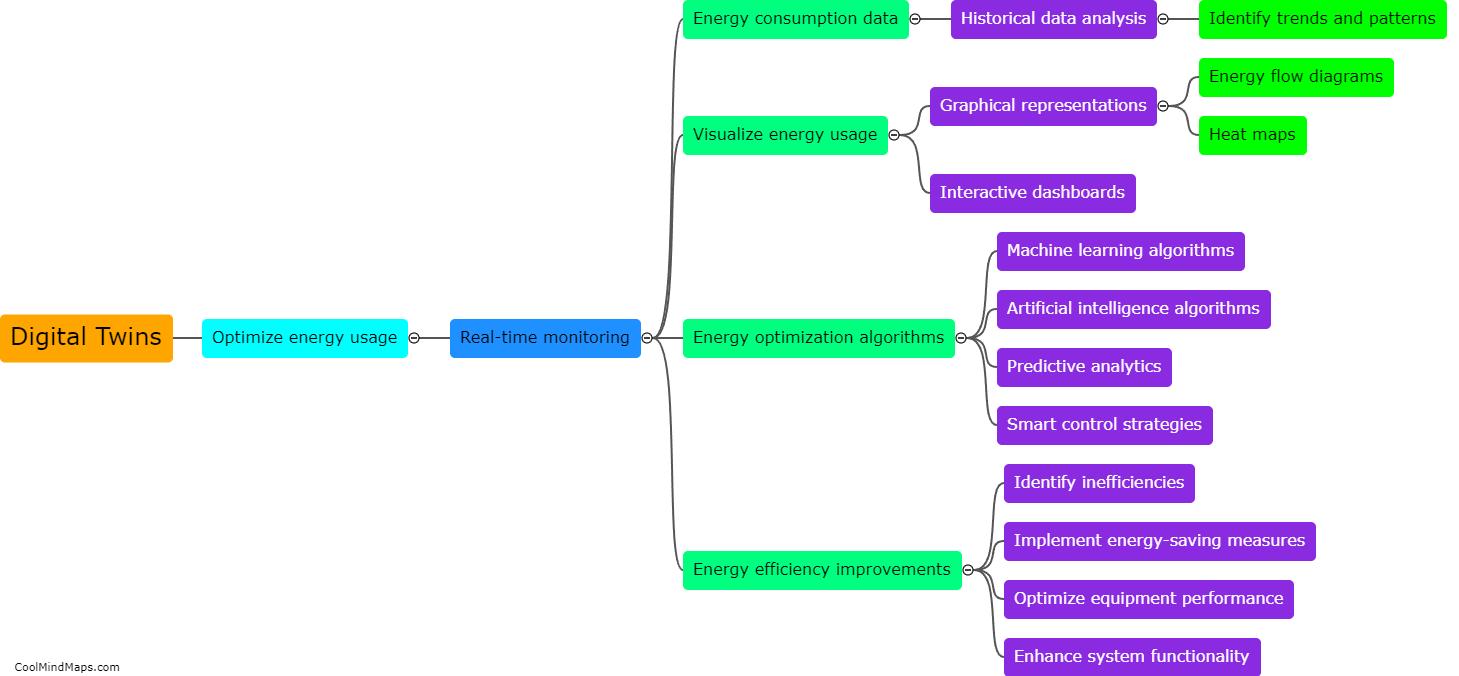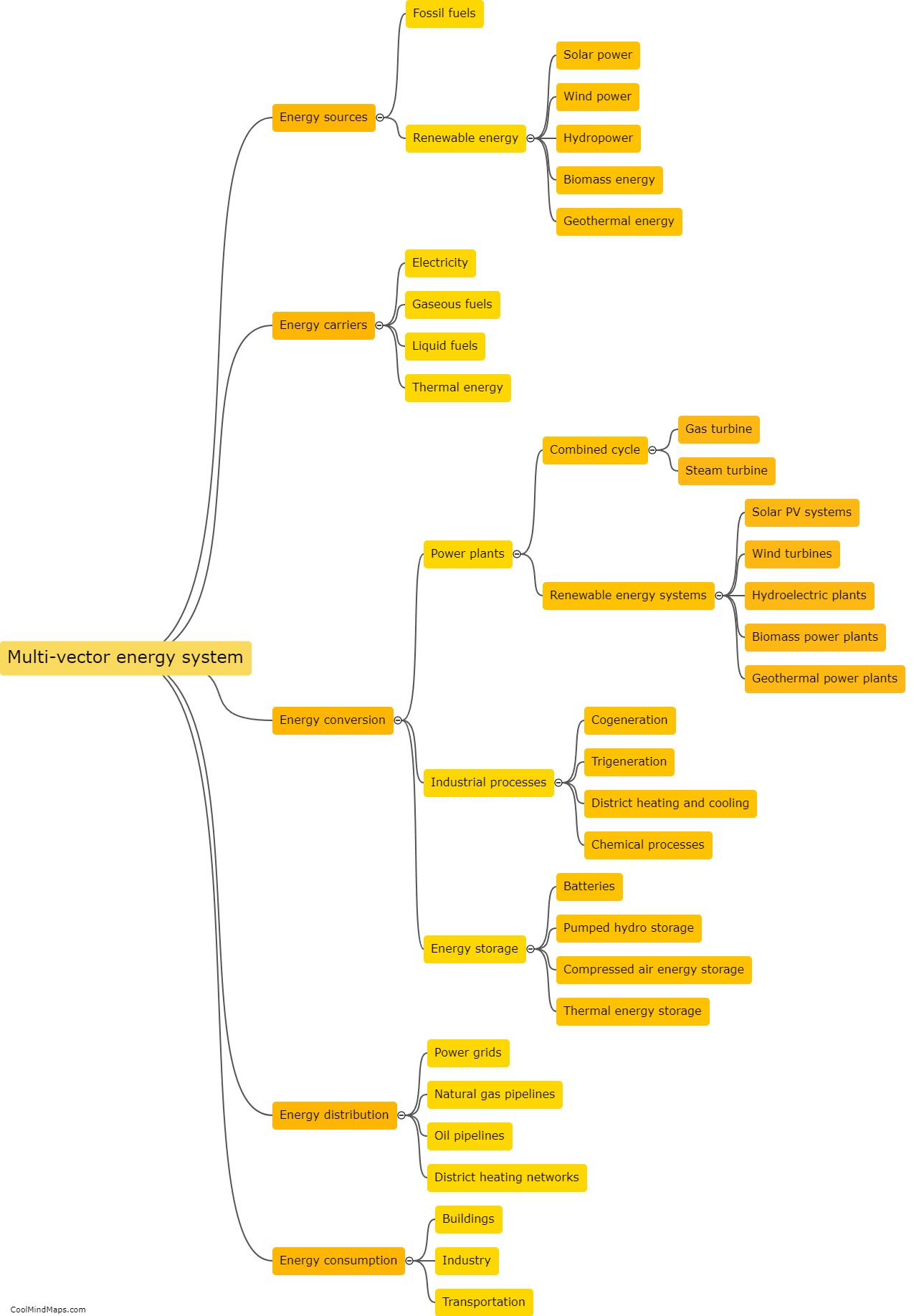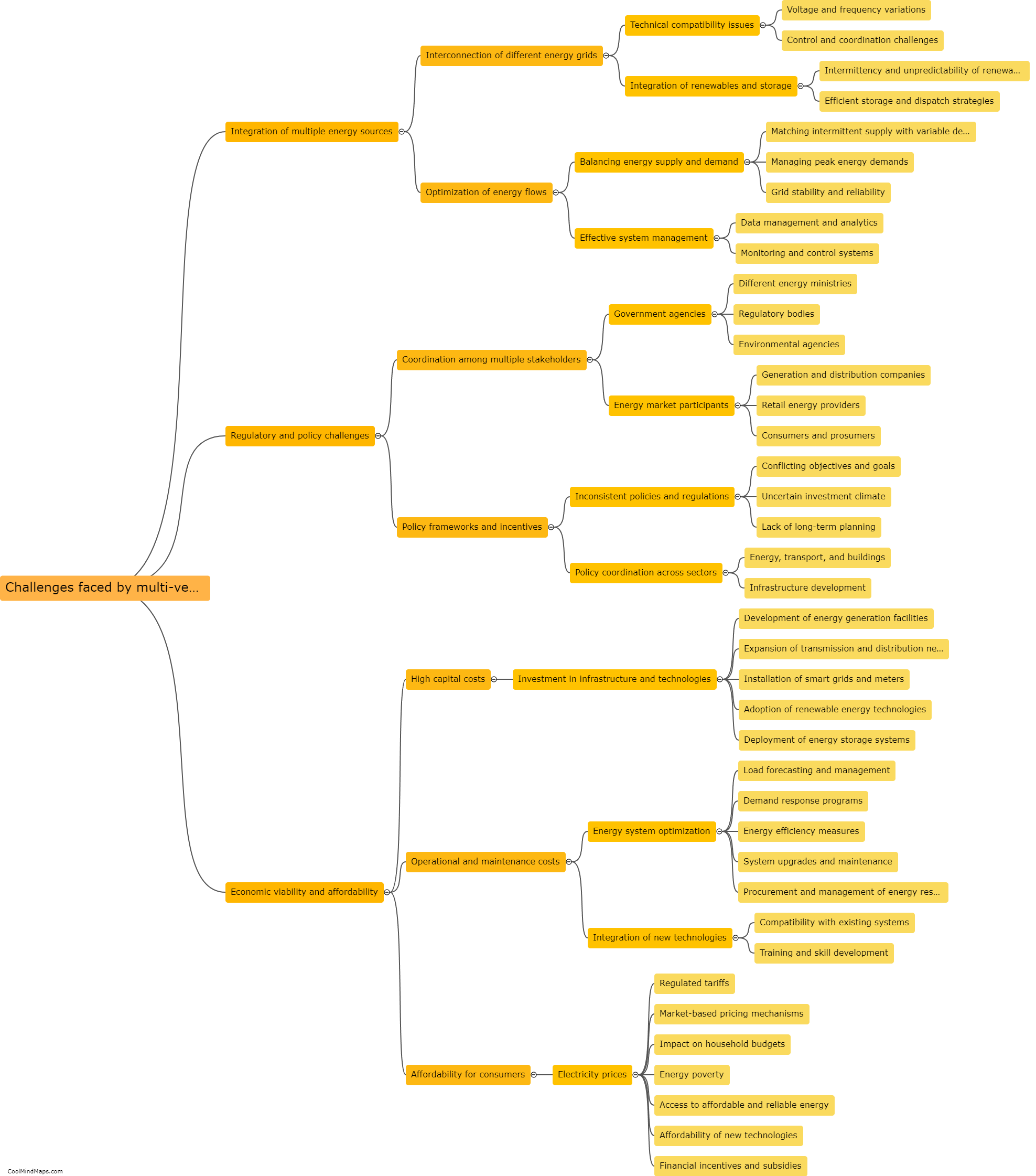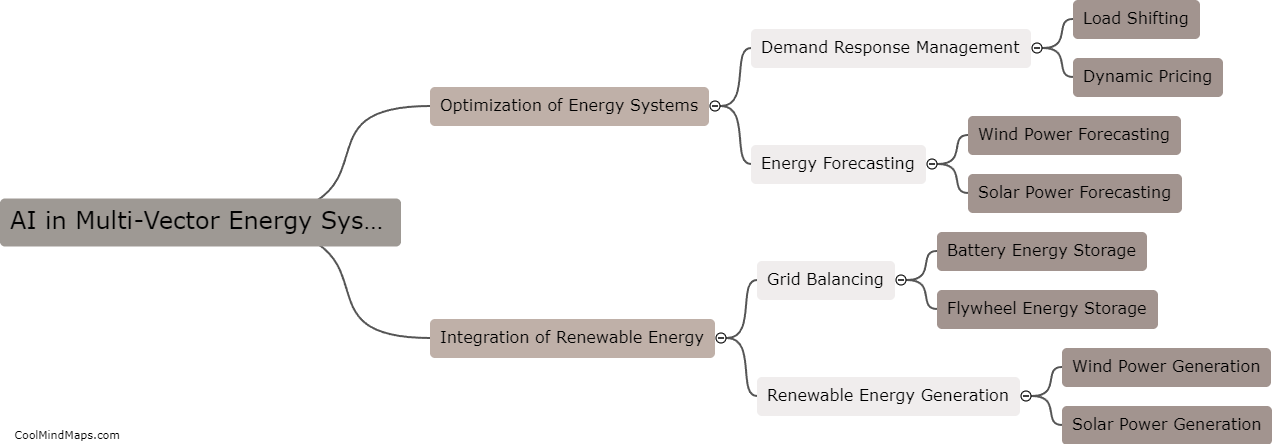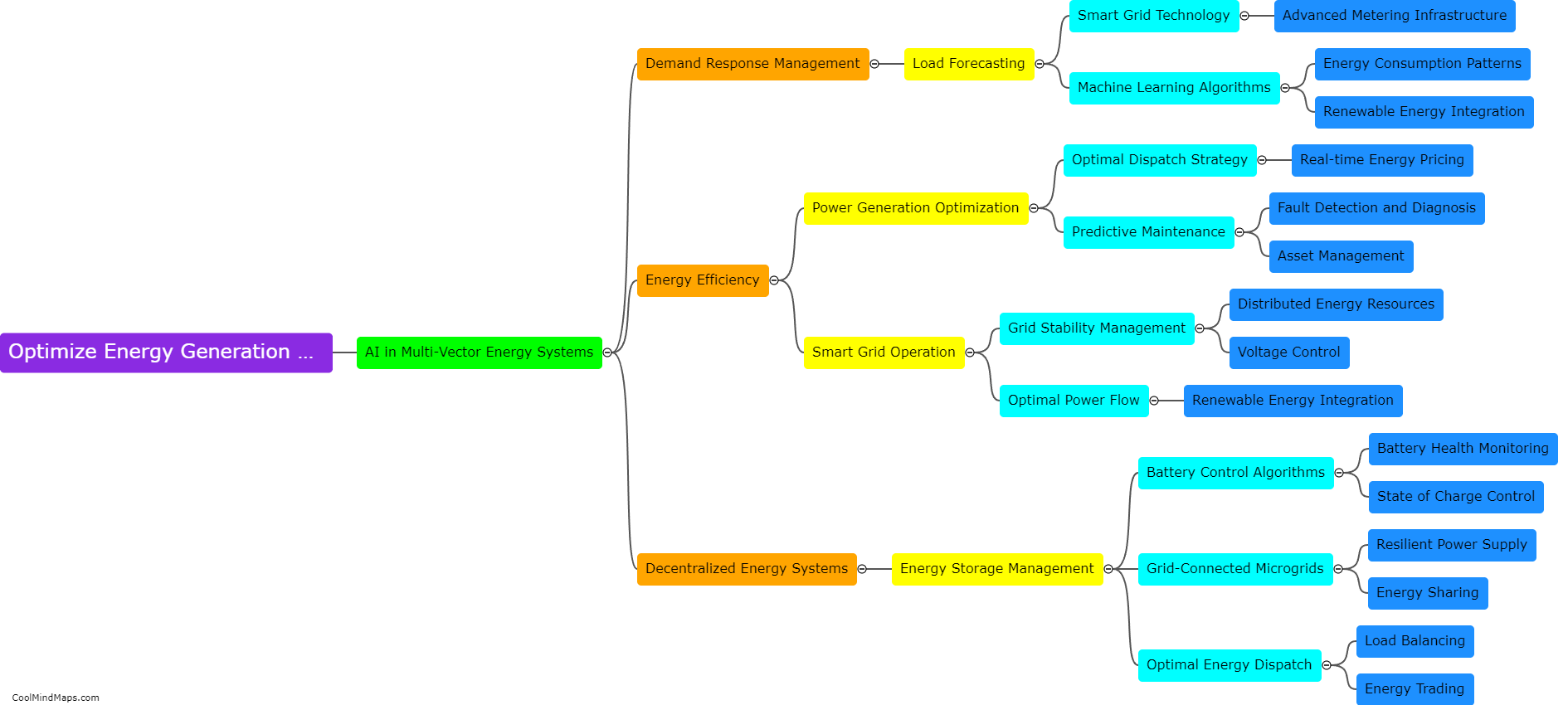How can multi-vector energy systems improve energy sustainability?
Multi-vector energy systems refer to a holistic approach towards energy production, distribution, and consumption that integrates various energy vectors such as electricity, heat, and gas. These systems have the potential to significantly improve energy sustainability. By diversifying the energy mix and integrating renewable sources, multi-vector systems can enhance the resilience and stability of energy supply. Additionally, they enable the efficient utilization of different energy forms, allowing for energy storage and management, as well as flexible demand response. This integrated approach maximizes the utilization of renewable energy sources and fosters the transition towards a low-carbon economy. Furthermore, multi-vector systems promote the use of local resources, reduce dependency on fossil fuels, and minimize transmission losses. Overall, the implementation of multi-vector energy systems can play a vital role in achieving long-term energy sustainability goals.
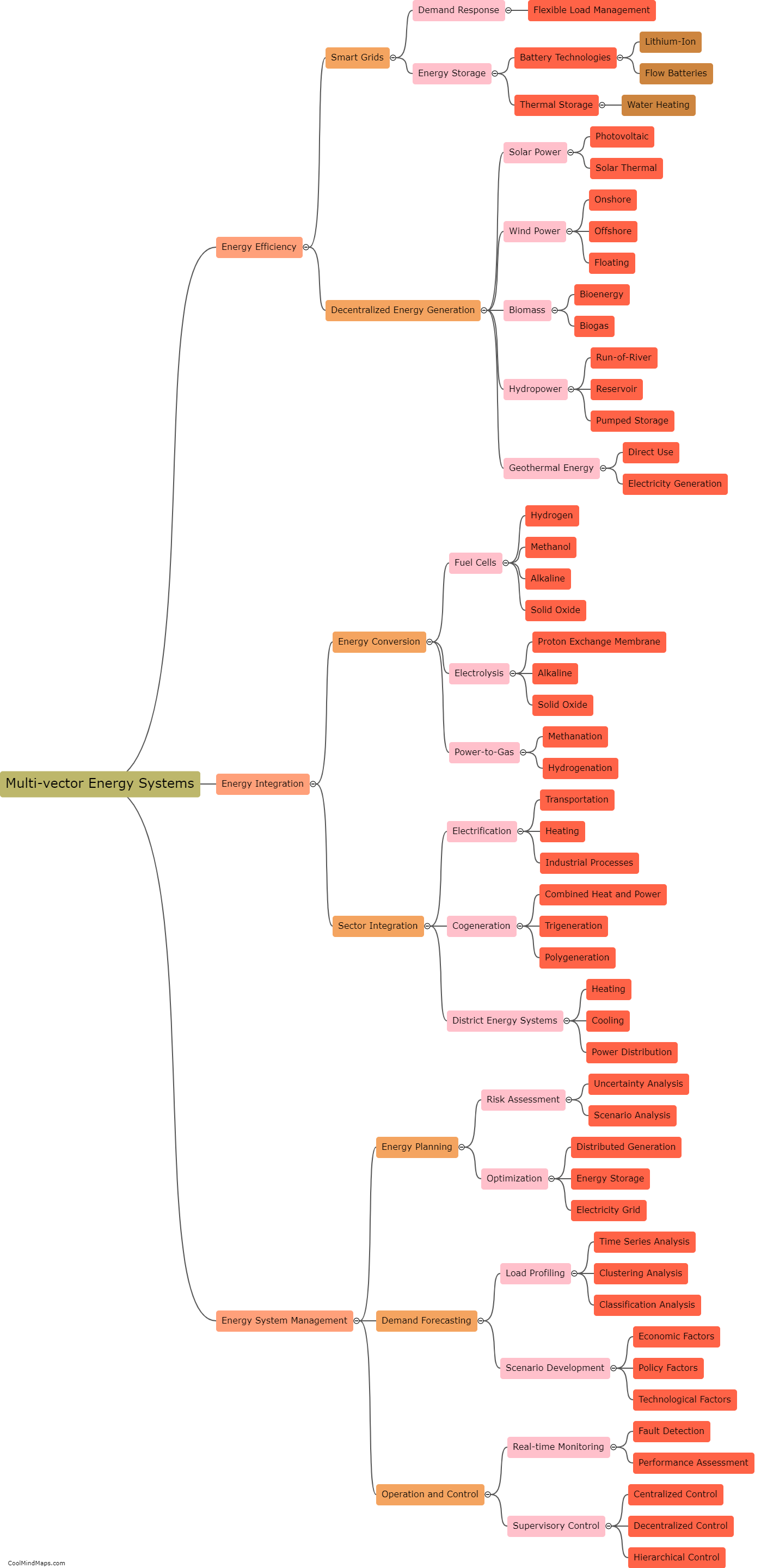
This mind map was published on 22 October 2023 and has been viewed 113 times.

